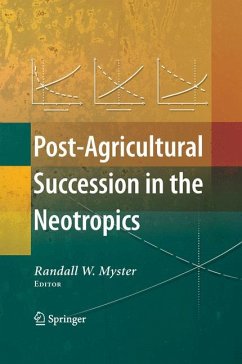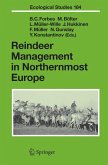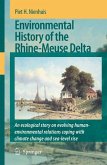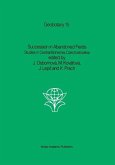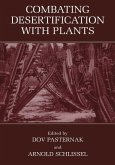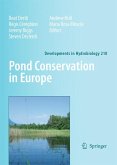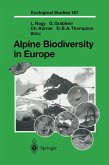Post-Agricultural Succession in the Neotropics draws implications from scientific studies for the wise management of old field ecosystems in the neotropics, where conversion of land to cropping systems is the most common kind of disturbance and many landscapes are defined by areas recovering from agriculture. Written for scientists, researchers, professionals, and students of ecology, the book provides a background in old field ecosystems and proposes restoration strategies and a trajectory for future research. Farmers and decision makers can also benefit from new farming methodologies and management strategies that are proposed.
About the Author:
Dr. Randall W. Myster is a Researcher at the Institute for Tropical Ecosystem Studies at the University of Puerto Rico.
Dieser Download kann aus rechtlichen Gründen nur mit Rechnungsadresse in A, B, BG, CY, CZ, D, DK, EW, E, FIN, F, GR, HR, H, IRL, I, LT, L, LR, M, NL, PL, P, R, S, SLO, SK ausgeliefert werden.

